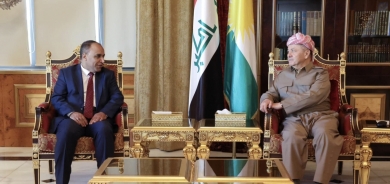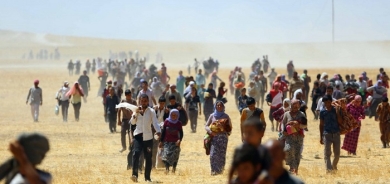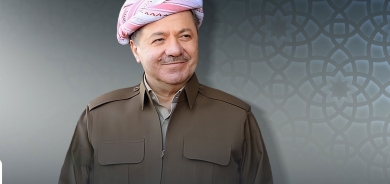Article 140 by another name

Last month, I wrote about the continuing difficulties in implementing Article 140 of the Iraqi Constitution. Normalization, a census and a referendum on the administrative status of disputed territories (particularly Kirkuk) increasingly look like impossible to realize objectives for the Kurds. The issue bedevils Erbil-Baghdad relations and costs Kurdish leaders dearly each time they offer concessions in return for promises from leaders in Baghdad that Article 140 will finally be implemented. For the Arab political leaders, it seems virtually impossible for them to implement a policy that remains so very unpopular among their constituents.
Article 140 is simply a means to an end, however, rather than an end in itself. The real end goal is the incorporation of all, or most, heavily Kurdish-populated areas into the Kurdistan Autonomous Region. The Kurdish (and Christian, in many cases) inhabitants of these territories also wish to join Kurdistan. If the road Kurdish leaders thought they would take to this goal appears totally blocked now, the only rational response is to find another route.
President Jalal Talabani clearly came to a similar conclusion recently. Not long ago, he reportedly appointed a group of experts to prepare a detailed proposal to delineate some of Iraq’s disputed territories along pre-1968 borders. The Ba’ath Party came to power in 1968, of course, after which it pursued the most severe Arabization programs in Iraq’s history. These programs included changing the administrative boundaries of districts and governorates in northern Iraq so as to lessen the Kurdish presence in Kirkuk, Diyala, Mosul, Nineveh and other areas. Although not all territorial adjustments in northern Iraq occurred within the context of Arabization programs, the most severe did, and returning much of the area to pre-1968 administrative lines would put a lot more territory into Suleimaniya and Erbil governorates, in particular. This assumes, of course, that everyone accepts the principle that the whole of these two governorates, in addition to Dohuk, constitute the Kurdistan Region.
Although important elements of Iyad Allawi’s Iraqiya bloc can be expected to oppose such territorial readjustments, the Kurds appear to have enough political parties in Baghdad lined up behind the plan. If so, very important gains for Kurdistan may be realized in the near future. In the process, however, Kurdistani leaders need to try hard to avoid forcing recalcitrant population groups into the Kurdish region. New Arab or Turkmen hostile population groups within Kurdistan would benefit no one except those who wish Iraq and the Kurdistan region ill.
The administrative changes that Talabani will submit to the Iraqi Parliament will not address all the territorial disputes in northern Iraq either, however. For this reason, it might behoove Erbil to try to settle everything simultaneously, via a grand bargain negotiated immediately after the territorial adjustment plan gets presented. In return for foregoing some elements of the pre-1968 boundaries (essentially areas that mostly failed to vote for Kurdish or allied minority parties during the last few elections) Kurdistan could have a few additional territories added to it (essentially areas that were not part of the three Kurdish governorates before 1968, but that have recently voted mostly for the Kurdish and allied minority parties).
Such a grand bargain will undoubtedly require compromises on several points. But the alternatives seem much worse. Continuing to insist on the impossible mechanics of Article 140 will get Kurdistan nowhere, while administrative neglect of the disputed territories continues and their situation worsens dangerously. Moving the peshmergas southwards to take control of the disputed territories by force will invite a military response from Baghdad, neighboring countries, or both. Although the peshmergas may be better positioned to do well in such a confrontation than at any time since the 1920s, the net result of such conflict risks making losers out of everyone in Iraq. Brinksmanship and a resort to force always calls up unpredictable forces, and both Iraq and Iraqi Kurdistan need stability above all else at the moment. This offers all the more reason for Kurdish leaders to try to finally settle the disputed territories issue, in as amicable a way as possible.
Once this issue gets resolved, Erbil can turn its attention and efforts to other important goals. As long as uncertainty regarding the territories prevails, however, any other Kurdish priorities in Iraq suffer.

 David Romano
David Romano






